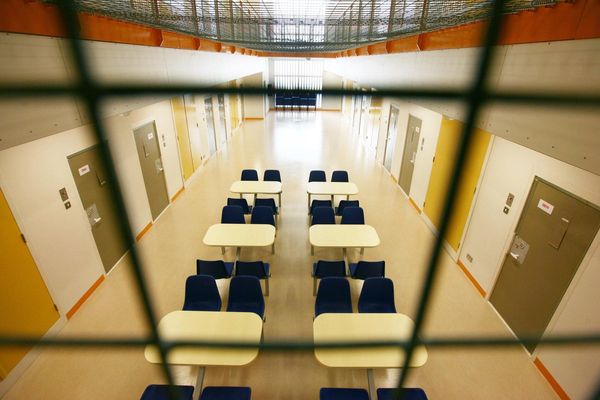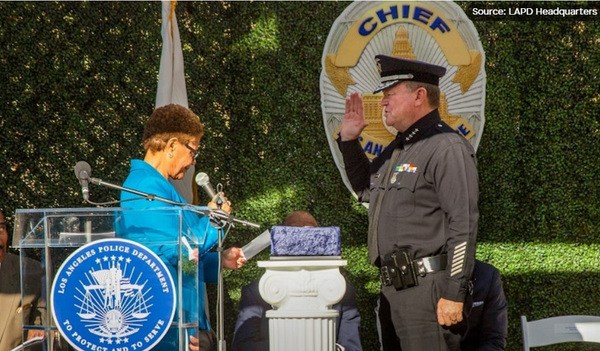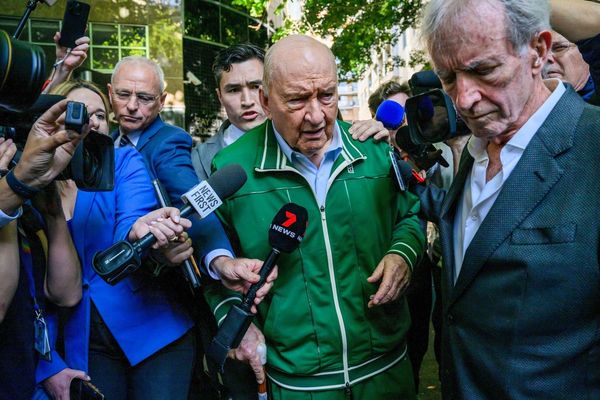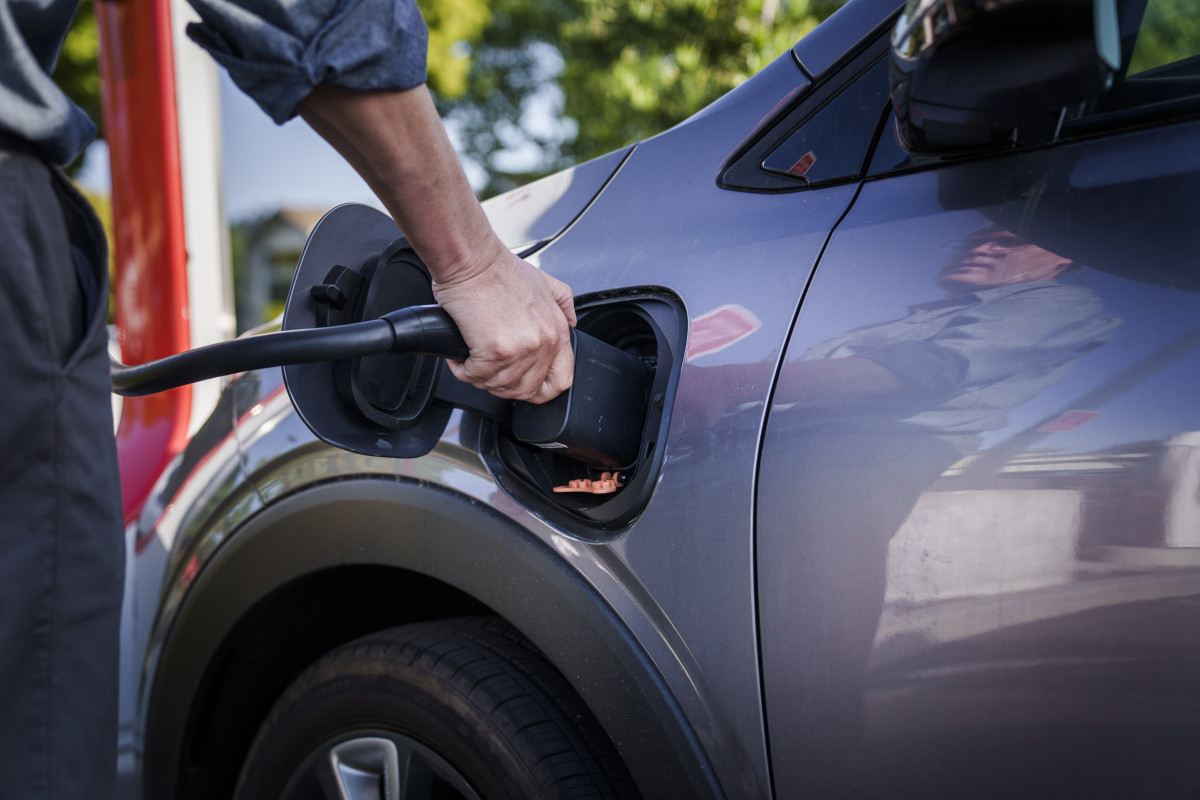
In a public letter to President Biden, 3,882 car dealers spread across the country are asking that his administration slow down its proposed regulations mandating the production and distribution of electric vehicles.
The letter comes after the Biden Administration in April proposed a set of stringent climate regulations that could require two-thirds of all new U.S. passenger cars to be all-electric as soon as 2032.
The Environmental Protection Agency's (EPA) proposal would not technically impose a limit on the number of internal combustion engine (ICE) vehicles a given company could sell; rather, the EPA through this proposal would limit the pollution created each automaker's fleet.
Related: Study determines the astronomical true cost of electric vehicle ownership
In order to meet the proposed pollution requirements, carmakers would need to electrify the bulk of their fleets, and quickly, a feat they have lately been struggling with.
The dealers, in their letter, noted that there is currently a wide variety of good EV options on the market.
Despite this, "electric vehicle demand today is not keeping up with the large influx of BEVs arriving at our dealerships prompted by the current regulations. BEVs are stacking up on our lots."
The enthusiasm of the early EV adopters, the letter says, has petered out. And not even the combination of price cuts, manufacturer incentives and government incentives are encouraging the masses to make the switch to electric.
"Today’s current technology is not adequate to support the needs of the majority of our consumers," the letter reads.
Customers, according to the letter, remain concerned about price, and range, especially issues with range loss due to factors including temperature changes. Many customers, according to the coalition of dealers, have neither garages nor access to public charging stations, making a transition to electric difficult, at the very least.
Related: Tesla bulls say electric vehicle demand is soaring. Here's what's really happening
These challenges, the letter argues, can and will be solved in time. But consumer sentiment won't change in time for either dealers or manufacturers to be in line with the proposed regulations.
"This is the voice of the consumer," Celebrity Motor Car owner Tom Maoli told CNBC, saying that unsold EVs are stacking up on dealers' lots. "We're now backed-up up to 12 months with EVs. Consumers don't want them; they're not buying them."
Manufacturer rebates and government incentives, Maoli said, have done little to help EVs roll off the lots.
The consumer, he said, is in "fear over the infrastructure."
"The White House got way out over its skis on this mandate, and the consumer has to buy into it and they're not," he said.
Automakers recently have been adjusting to the same consumer reality that Maoli pointed out — General Motors (GM) -) pushed back its EV targets and postponed a new EV lineup in an effort to preserve profitability; Ford (F) -) postponed around $12 billion in planned EV investments; Toyota (TM) -) remains convinced of the value of hybrids and even Tesla (TSLA) -) remains locked in a price war to entice wary consumers.
Still, the data shows that EV adoption is steadily increasing, even as consumer sentiment wanes.
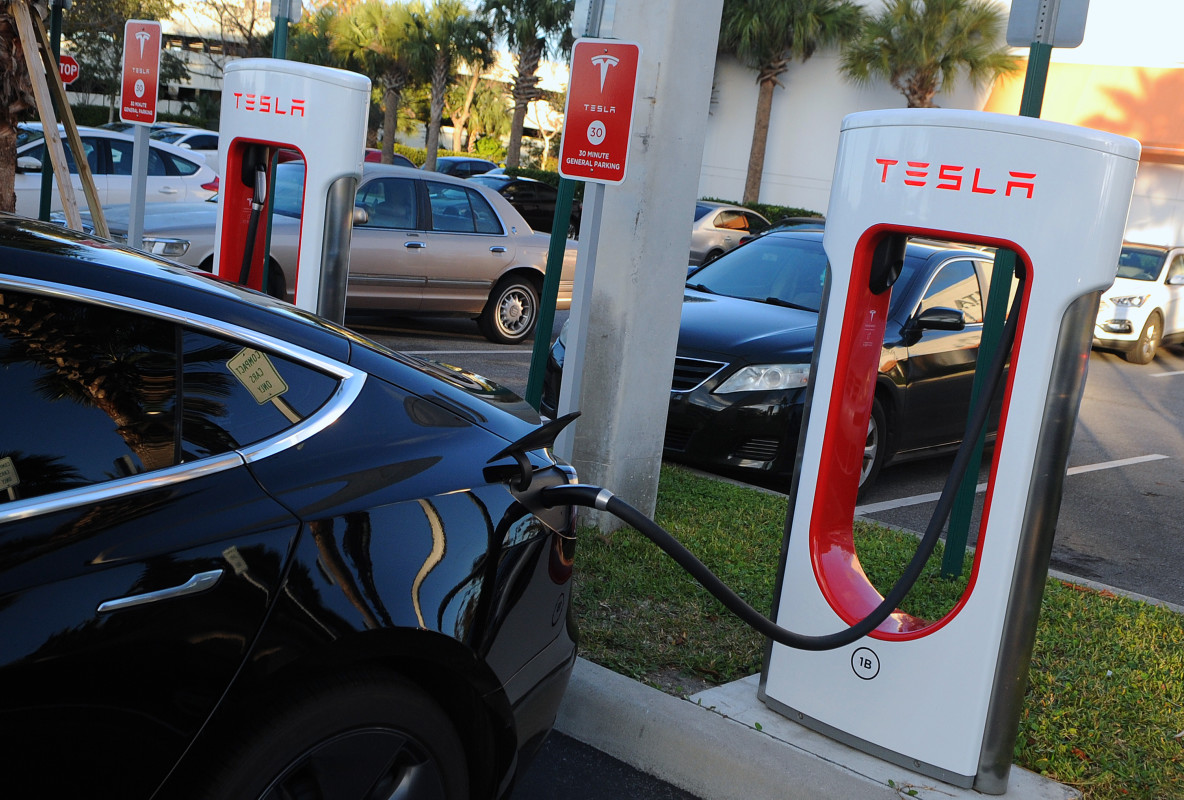
EV sales made up a record 7.9% of total global car sales in the third quarter, while S&P Global Mobility recently reported a significant dip in the percentage of people open to purchasing an EV, compared to 2021 numbers.
"Buyers may want to wait for the next technological advance, or have concerns about charging time and charger availability, but in the end, consumer finances - not engineering - lead the current buying resistance to EVs," S&P wrote in its report.
Contact Ian with tips via email, ian.krietzberg@thearenagroup.net, or Signal 732-804-1223.
Related: Ex-Ford CEO warns of fierce challenge ahead for electric vehicles
Discuss trade ideas with Hedge Fund Managers and experienced Day Traders. Get Real Money Pro now.

